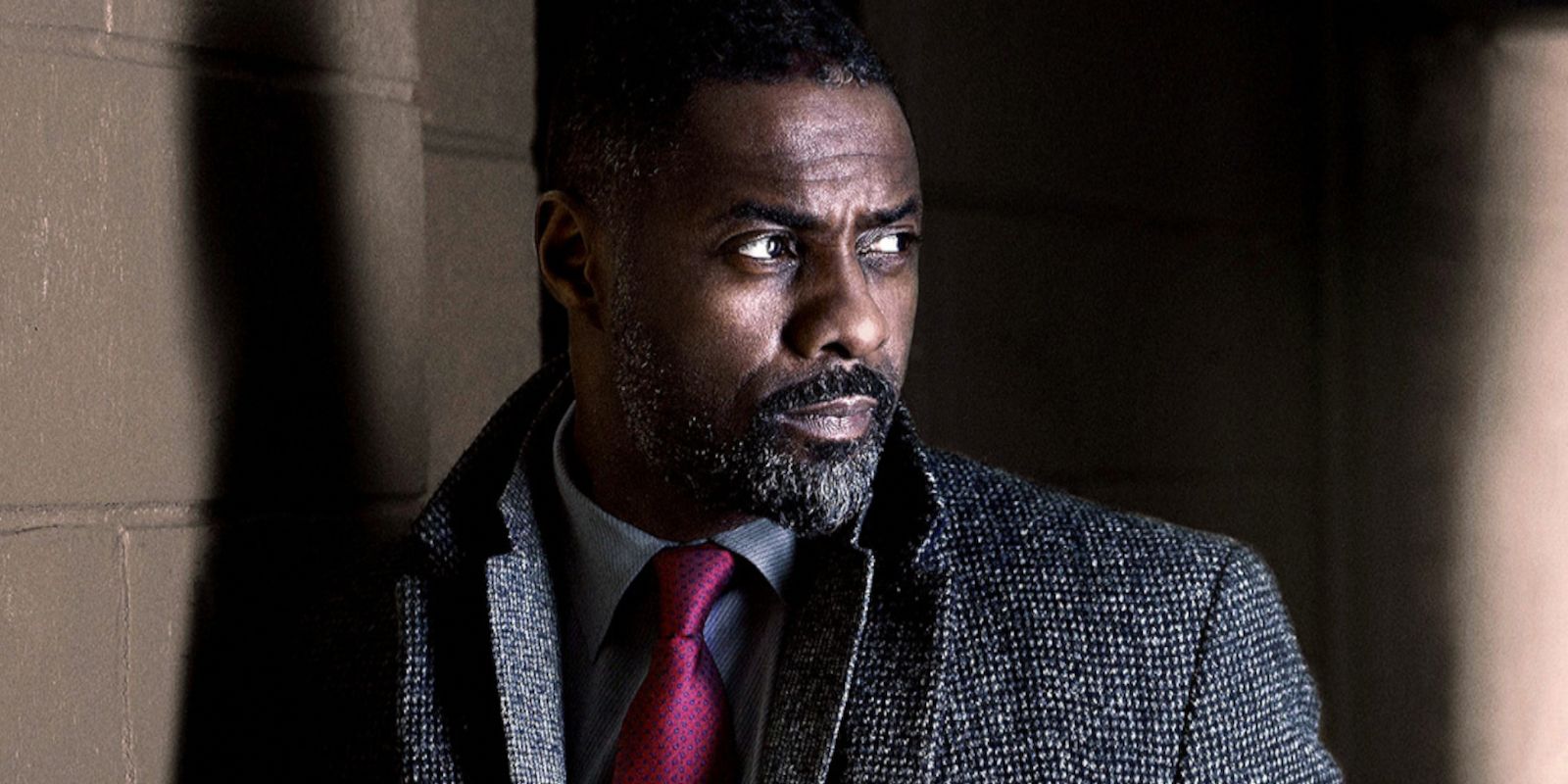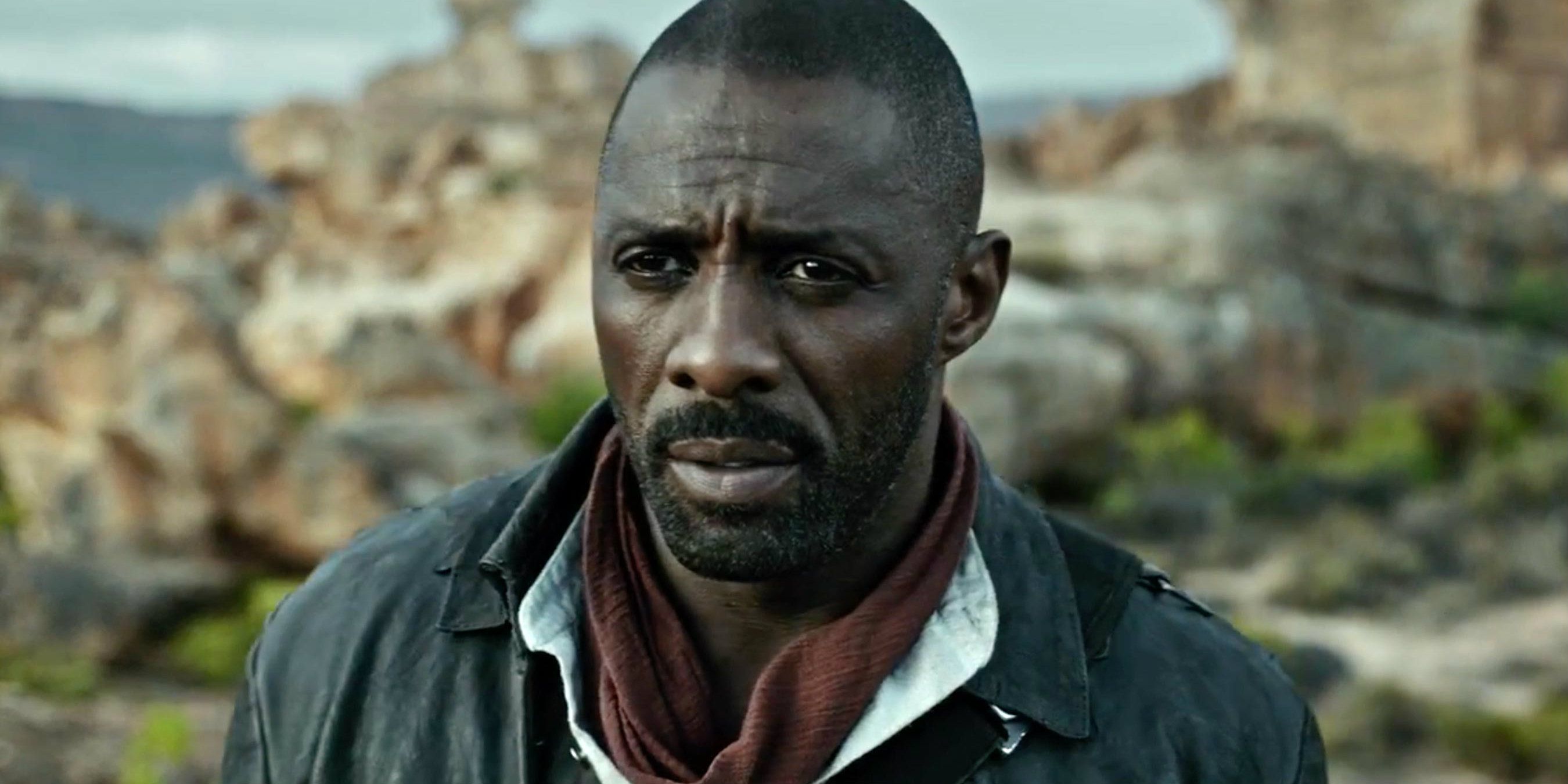British actor Idris Elba believes that old films with racist scenes or themes shouldn't be censored, but rather have warnings attached. Elba, who is best known in the US for starring as drug kingpin Russell 'Stringer' Bell in the first three season of The Wire as well as his recurring role as Charles Miner in the fifth season of NBC's The Office, was speaking in reference to the recent discussion around old films and TV shows that have been edited or pulled from streaming services.
Examples include episodes of Scrubs, 30 Rock, Golden Girls being pulled from the air for featuring blackface. Additionally, a season 9 episode of The Office was edited to remove a brief appearance of a character in blackface. There was also the case of Gone With The Wind being pulled from WarnerMedia's new streaming platform HBO Max, only to return two weeks later with a warning video attached to the beginning of the film. These changes were all precipitated by the Black Lives Matter movement, which has opened up a discussion around racist depictions in films and TV shows.
Now, Elba has weighed in on the matter in an interview with RadioTimes, saying he doesn't believe these TV shows and films should be censored or removed from streaming. He says they should rather come attached with a warning, or have some sort of rating system in place so that viewers are aware that what they're about to watch contains outdated or racist views or scenes. The Luther star repeatedly says he believes in freedom of speech, but there is also a responsibility to let audiences know what they're getting into. You can read his full comments below.
"I’m very much a believer in freedom of speech. But the thing about freedom of speech is that it’s not suitable for everybody. That’s why we have a rating system: we tell you that this particular content is rated U, PG, 15, 18, X. To mock the truth, you have to know the truth. But to censor racist themes within a show, to pull it – wait a second, I think viewers should know that people made shows like this. Out of respect for the time and the movement, commissioners and archive-holders pulling things they think are exceptionally tone-deaf at this time – fair enough and good for you. But I think, moving forward, people should know that freedom of speech is accepted, but the audience should know what they’re getting into. I don’t believe in censorship. I believe that we should be allowed to say what we want to say. Because, after all, we’re story-makers."
Interestingly, Elba doesn't criticize those who have made the decision to pull or censor the TV shows and movies, but does acknowledge that there is a better way to deal with them. He seems to present a more measured approach, but it's one that many wouldn't agree with.
Whatever you think of the decision to censor the offensive material from old TV shows and films, you have to admit that Elba's solution seems the most prudent. Rather than trying to wipe them from existence, Elba presents a solution where the creators of, or the studios that own, the TV show or movie, have a chance to acknowledge that the show contains racist material and warn viewers that it may be offensive. It's also an opportunity to apologize for the scenes, rather than trying to pretend they weren't made in the first place.
Of course, many may feel that this isn't enough. Many shows, like the British sketch show Little Britain, contain multiple scenes of actors in blackface and a number of other racist characters, and the show is profoundly offensive. In that case, removing the show was probably the best option, as merely putting a warning before the show doesn't go far enough. So perhaps a case-by-case solution is the most pragmatic. Of course, the ideal solution is for creators to not be offensive in the first place, but unfortunately we can't go back in time and change the racist views of the past, no matter how recent.
Source: RadioTimes


